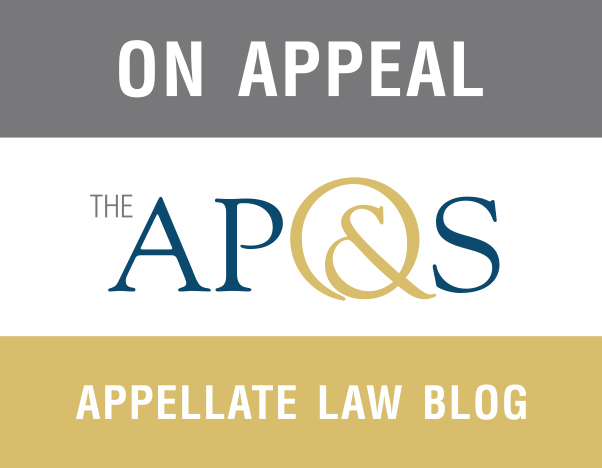A Rule 12(c) motion for judgment on the pleadings “‘provides the trial court with the means of disposing of a case early in the litigation process when the material facts are not in dispute after the pleadings have been closed and only questions of law remain to be decided.’” Ingram v. Mortgage Electronic Registration Systems, Inc., No. 2012-269-Appeal at 5 (quoting Haley v. Town of Lincoln, 611 A.2d 845, 847 (R.I. 1992)).
While a Rule 12(c) motion must be decided on the basis of the pleadings,
“[i]f, on a motion for judgment on the pleadings, matters outside the pleadings are presented to and not excluded by the court, the motion shall be treated as one for summary judgment and disposed of as provided in Rule 56, and all parties shall be given reasonable opportunity to present all material made pertinent to such a motion by Rule 56.”
R.I. Super. Ct. R. 12(c). If a party introduces materials that serve as the basis for the court’s conversion of a motion for judgment on the pleadings into a motion for summary judgment, that party cannot complaint that it lacked notice that the motion would be converted. Ingram, No. 2012-269-Appeal at 5 (citing Ouimette v. Moran, 541 A.2d 855, 856 (R.I. 1988)).



